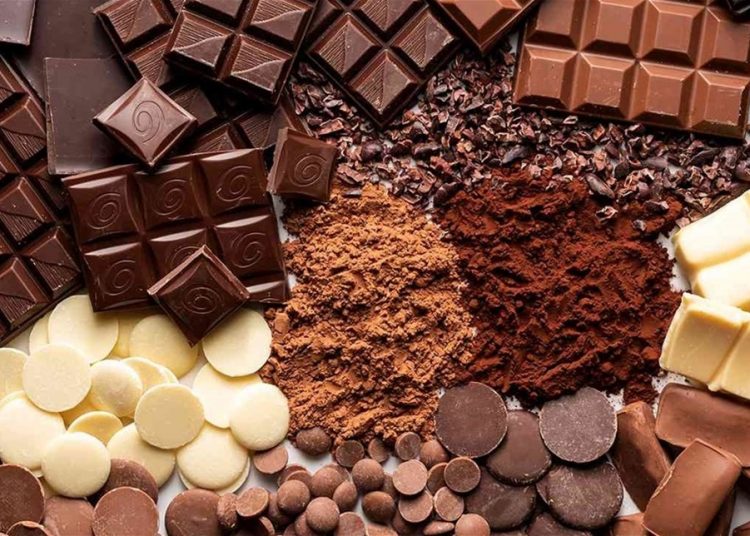PARIS — With roasted hazelnuts or caramelised pecans, or even praline concoctions, chocolate isn’t just a tasty treat — in recent years, the list of its various benefits has grown as we’ve become aware of its many nutritional aspects.
To mark World Cocoa and Chocolate Day on October 1, we look back at some of the most recent discoveries that make our daily little indulgence that much sweeter.
However if you need a little indulgence, munching on some chocolate might even help you face changing time zones better.
That’s one of the surprising conclusions reached by the team of scientists that Qantas worked with in the runup to the launch of its ultra-long-haul flight between Sydney and New York.
An analysis was carried out with a number of travellers to see if there were certain practices and foods that helped reduce the impact of jet lag.
It can also be part of a heart-healthy diet
Researchers like to study chocolate; proof is its appearance in a large number of highly diverse studies in a range of areas. Eating moderate amounts of chocolate was found to be potentially decreasing the risk of the heart beating irregularly.
In other words, there could be less risk of being diagnosed with potentially fatal atrial fibrillation if you eat chocolate in moderation.
This was the conclusion of research published in the journal Heart and conducted by scientists at Beth Israel Deaconess Medical Centre (BIDMC), in collaboration with researchers at Harvard TH Chan School of Public Health and Aalborg University and the Institute of Cancer Epidemiology in Denmark.
Dark chocolate gets particular attention, as it contains a higher cocoa content than milk chocolate.
And it’s in cocoa that flavanols are found — antioxidants in the flavonoids group that are believed to fight inflammation and may even help prevent blood clots, according to the American Heart Association.
… and help prevent feeling low!
You might feel pleasure biting into a little piece of dark chocolate studded with hazelnuts — and it’s not your imagination. And once again it’s the presence of cocoa that has beneficial effects, this time on our mental well-being.
In 2020, the American Psychiatric Association endorsed chocolate’s positive impact on mental health, highlighting research conducted by University College London on over 13,000 American adults.
The polyphenols contained in dark chocolate can act as a mood booster. Unlike with milk chocolate, which contains less cocoa, and therefore fewer polyphenols, consuming dark chocolate can have a positive impact on stress.
Last year, the University of Seoul, South Korea, also found that a daily dose of chocolate containing 85 per cent cocoa was associated with a better mood. The findings underlined the importance of the link between the brain and intestinal flora.
It might even help protect us from UV rays
Don’t worry, no one is recommending slathering on melted dark chocolate instead of sunscreen to prevent sunburn.
However, in 2021, scientists at the Madrid Institute of Science, Technology and Nutrition reviewed various studies on cocoa flavonols and human health from the past two decades.
Among the studies were some that observed positive effects from flavonol consumption photoprotection thanks to improved skin density and hydration.
Chocolate can help us combat jet lag
It’s not easy to cope with the fatigue that comes with a long-haul flight and changing several timezones. While some passengers like to indulge in some wine on their flight, it’s actually not advisable to drink alcohol on these journeys because it disrupts sleep and can make you more dehydrated.






Discussion about this post